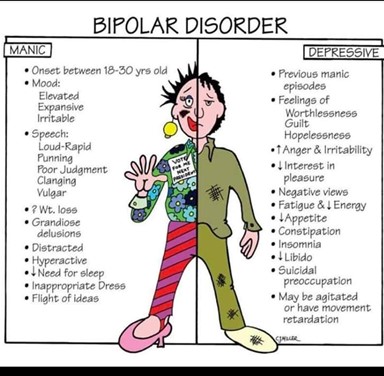A nurse in the emergency department is implementing a plan of care for an older adult client who is experiencing delirium tremens. Which of the following actions should the nurse take first?
Start intravenous fluids.
Administer diazepam.
Obtain a medical history.
Raise the side rails of the bed.
The Correct Answer is D
Nursing Test Bank
Naxlex Comprehensive Predictor Exams
Related Questions
Correct Answer is C
Explanation
A. "You are being unreasonable, and I will not call your doctor at this hour."
This response is confrontational and dismissive of the client's request. It does not promote a therapeutic interaction and might escalate the situation.
B. "Go back to your room, and I'll try to get in touch with your doctor."
This response might temporarily calm the client, but it’s misleading if the nurse does not intend to call the doctor. It also avoids addressing the client's immediate emotional needs and could result in a loss of trust if the nurse doesn’t follow through.
C. "You must be very upset about something."
This is the most therapeutic response. It acknowledges the client’s feelings without judgment and opens up communication. It allows the nurse to explore the client’s concerns, which is essential in providing appropriate care and support in a psychiatric setting.
D. "I can't call a doctor in the middle of the night unless it's an emergency."
While this statement is factually correct, it can come across as dismissive and could escalate the client's agitation. It does not acknowledge the client's emotions and might make the client feel that their concerns are not being taken seriously.
Correct Answer is A
Explanation
A. The client responds to questions with disorganized speech:
Disorganized speech is a hallmark of acute mania, often reflecting racing thoughts, pressured speech, and difficulty staying on topic.
B. The client reports that voices are telling him to write a novel:
Reporting that voices are telling the client to write a novel suggests auditory hallucinations, which can occur in various psychiatric conditions, not specifically indicative of acute mania.
C. The client's spouse reports that the client has recently gained weight:
Weight gain is not a typical hallmark of acute mania. In fact, during manic episodes, individuals might experience decreased appetite and sleep, leading to potential weight loss.
D. The client is dressed in all black:
Dressing in all black is not a specific sign of acute mania. While changes in clothing choices or appearance can sometimes be associated with mood changes, this finding alone is not indicative of acute mania.

Whether you are a student looking to ace your exams or a practicing nurse seeking to enhance your expertise , our nursing education contents will empower you with the confidence and competence to make a difference in the lives of patients and become a respected leader in the healthcare field.
Visit Naxlex, invest in your future and unlock endless possibilities with our unparalleled nursing education contents today
Report Wrong Answer on the Current Question
Do you disagree with the answer? If yes, what is your expected answer? Explain.
Kindly be descriptive with the issue you are facing.
